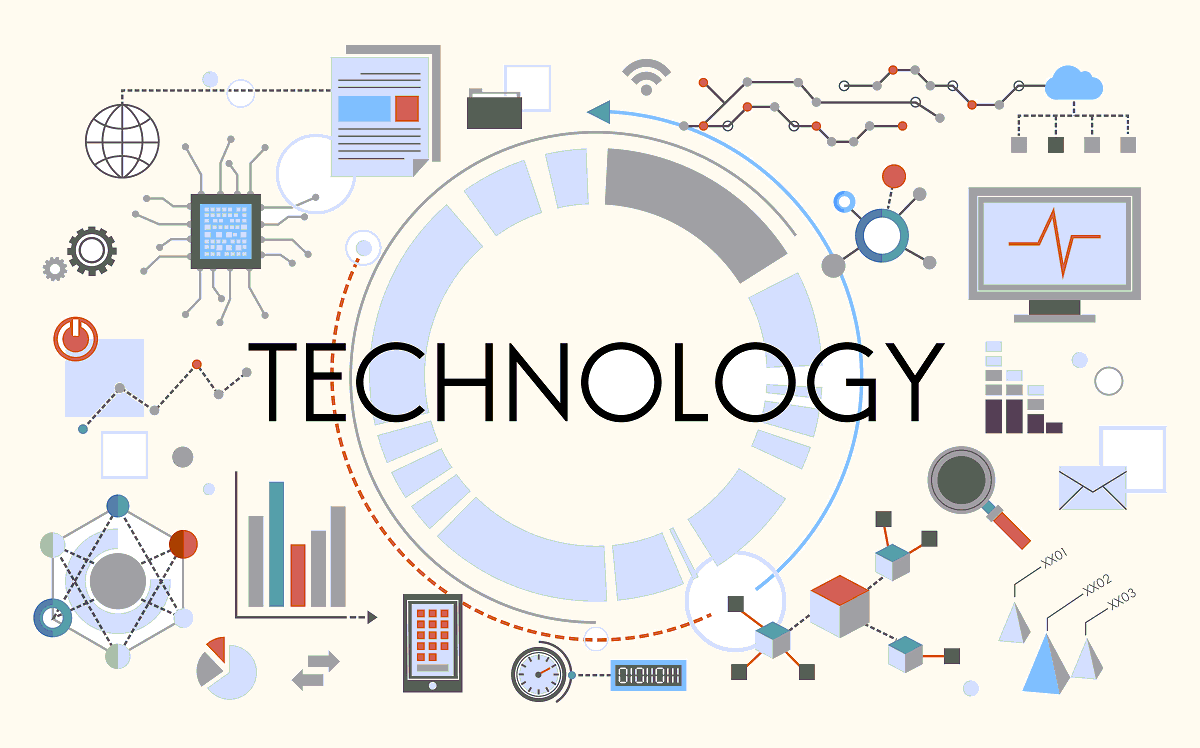
The Role of Technology in Scientific Research: Examples and Advancements
In recent years, technology has played a significant role in advancing scientific research, revolutionizing the way scientists gather, analyze, and interpret data. From the use of advanced laboratory equipment to cutting-edge software and computational tools, technology has made it possible for researchers to explore new frontiers in various fields of science. This article explores the definition and impact of technology in science, examples of scientific technology and its advancements, and the challenges and limitations of using technology in scientific research.
Definition of Technology in Science
Technology refers to the practical application of scientific knowledge for the improvement of society. In science, technology encompasses the tools, methods, and techniques used by scientists to conduct research and achieve their objectives. Scientific technology includes a wide range of equipment, such as microscopes, spectrometers, chromatographs, and other analytical instruments, as well as computational tools such as simulation software, data analysis software, and artificial intelligence systems.
Examples of Scientific Technology and its Applications
Scientific technology has led to many groundbreaking discoveries across various fields of science. Here are some examples:
- The use of X-ray crystallography to determine the structure of DNA, leading to the discovery of the double helix structure of DNA by James Watson and Francis Crick.
- The use of advanced microscopy techniques such as super-resolution microscopy to visualize cellular structures and processes at the nanoscale level.
- The use of CRISPR/Cas9 gene-editing technology to develop new therapies for genetic diseases.
- The use of virtual reality in scientific research, enabling scientists to visualize complex data and simulations in 3D, leading to new discoveries in fields such as physics and chemistry.
- The use of big data and machine learning algorithms to analyze vast amounts of data and identify patterns and trends, leading to new insights in fields such as biology, neuroscience, and ecology.
The Role of Technology in Scientific Research and its Impact on Scientific Discoveries
Technology is essential in modern scientific research, enabling scientists to gather, analyze, and interpret data more efficiently than ever before. Technology has enabled scientists to push the boundaries of what is possible, leading to new discoveries and innovations. Technology has also facilitated collaboration between scientists across the globe, making it possible for researchers to share data, ideas, and expertise, leading to new breakthroughs in various fields of science.
Advancements in Scientific Technology in Recent Years
Recent years have seen significant advancements in scientific technology, including:
- The development of CRISPR/Cas9 gene-editing technology, which has revolutionized the field of genetics and has the potential to lead to new therapies for genetic diseases.
- The use of artificial intelligence and machine learning algorithms to analyze vast amounts of data and identify patterns and trends, leading to new discoveries and innovations.
- The development of new analytical instruments and microscopy techniques, enabling scientists to study biological and chemical processes at unprecedented resolution and sensitivity.
- The use of virtual and augmented reality in scientific research, enabling scientists to visualize and interact with data and simulations in new and exciting ways.
Challenges and Limitations of Using Technology in Scientific Research
While technology has led to many breakthroughs in scientific research, it also presents various challenges and limitations. For example:
- The cost of acquiring and maintaining advanced laboratory equipment and computational tools can be prohibitive, limiting access to these tools to well-funded research institutions.
- The complexity of some technologies, such as artificial intelligence systems and big data analytics, can make it challenging for researchers to understand and interpret the results.
- Some technologies, such as gene-editing tools, raise ethical and safety concerns and require careful consideration and regulation.
- The reliance on technology can also lead to a loss of traditional laboratory skills, such as manual dexterity and observational skills, which are still essential in many areas of scientific research.
Conclusion
In conclusion, technology has played a vital role in scientific research, from enhancing the accuracy of data collection and analysis to enabling scientists to visualize and simulate complex systems. Scientific technology has revolutionized many fields, including medicine, genetics, and chemistry, and has led to groundbreaking discoveries and advancements in our understanding of the natural world. However, it's essential to acknowledge that technology also has its limitations and challenges, such as ethical considerations, data security, and potential biases in algorithms. To overcome these limitations, scientists need to work collaboratively, using interdisciplinary approaches that integrate technology with traditional scientific methods. Overall, the use of technology in scientific research is critical for advancing our knowledge and understanding of the world around us and addressing many of the world's most pressing challenges.
Technology Information Technology

